Champagne Fragrance Oil captures the iconic, sparkling scent associated with celebration and memorable moments....
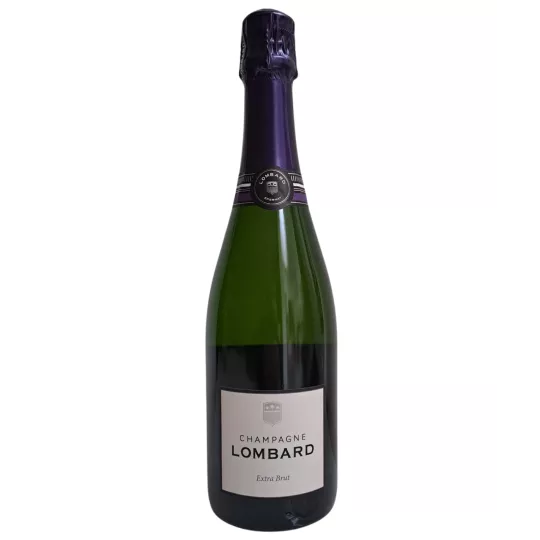
Free delivery for purchases over € 210 in the E.U.
Club We Love Bubbles: Collect points with every purchase
| ❤️ CLUB We Love Bubbles: 100 € spent = 20 loyalty points |
| ❤️ CLUB We Love Bubbles: €100 spent = 20 loyalty points |
| ❤️ CLUB We Love Bubbles: €100 spent = 20 loyalty points |
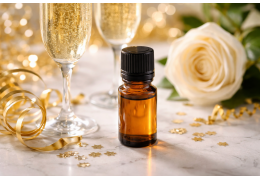
Champagne Fragrance Oil captures the iconic, sparkling scent associated with celebration and memorable moments....

Personalised champagne bottles are widely available, but few focus on true simplicity. Clinton Cards stands out by...
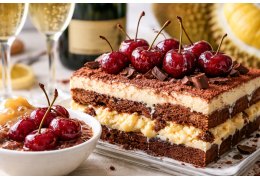
Champagne proves once again that it is far more than just a drink for celebrations. When paired thoughtfully, it can...
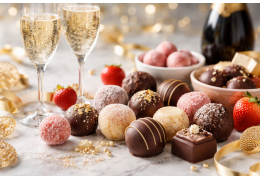
AIDA has established itself as a specialist in champagne-infused confectionery, offering a diverse and indulgent...

This article highlights an original concept that brings together two passions: football and champagne. Designed for...
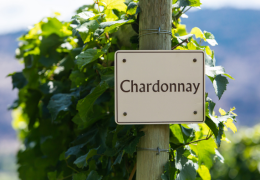










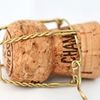

The grapes used to make champagne generally come from vineyards in the Champagne region of France, and the specific varietals used are strictly controlled by appellation rules. The most commonly used varieties are Chardonnay, Pinot Noir and Pinot Meunier. These grape varieties have been carefully chosen for their ability to produce good sparkling wines when transformed into champagne.
This helps ensure that only the best grapes end up in the bottle. The winemaking process is carefully monitored to ensure the end product is balanced and of a consistently high standard.
The way champagne is produced also influences its flavor and quality. Traditional method champagnes undergo a second fermentation in the bottle, resulting in a more complex and intense flavor profile than tank method sparkling wines. This contributes to their reputation for luxurious sparkling wines, with an unrivaled range of flavors and aromas.
Ultimately, great champagne starts with great grapes, so it's important to use only the highest quality fruit for production.
To guarantee the quality of the grapes destined for the production of champagne, producers must carefully select and harvest their harvest. They will look for bunches of grapes that are uniform in size and color, with firm berries that have a balance of sweetness and acidity. Vines should also be carefully pruned during the growing season to help create ideal growing conditions and yield better quality fruit. Once selected, grapes should be harvested as quickly as possible, usually within 24 hours of picking. Also, harvesting machines must be properly calibrated to ensure that only ripe fruit is harvested, as unripe or overripe grapes can negatively affect the flavor and structure of the finished champagne.
Finally, the grapes must be sorted and pressed to eliminate any imperfections before being fermented. This ensures that only perfectly ripe fruit ends up in the bottle. The careful selection of quality grapes is essential to the production of high quality champagne, and is one of the key factors in creating a great sparkling wine.
By adhering to these strict grape selection and harvesting standards, winemakers can ensure that their Champagne exhibits the complexity, finesse and flavor profile needed to craft a world-class sparkling wine.
To assess whether or not a grape variety is suitable for making champagne, winemakers must consider a number of important factors. These include climatic adaptation (to ensure optimal ripening), aroma and flavor development (to enhance bouquet), acidity levels (to balance sweetness and bite), tannins (for structure) and malolactic fermentation capacity (for complexity). Grape growers can also assess visual indicators such as berry size and hue to determine if there are issues with ripeness or health of the fruit before harvest. If any of these criteria fail to meet expectations, it may be necessary to reject the grapes before they can be used in the champagne making process.
At every stage of grape selection and harvesting - from choosing grape varieties to selecting individual berries and finally picking - winemakers take great care to ensure that only high quality grapes go into the production of Champagne. This process helps ensure that each bottle is made with the finest ingredients, resulting in exceptional champagne that consumers can enjoy again and again !

 A Story Of Friendship: Champagne Pol Roger and Sir Winston Churchill
A Story Of Friendship: Champagne Pol Roger and Sir Winston Churchill Champagne-based cocktails
Champagne-based cocktails Champagne rosé
Champagne rosé Serve a good champagne
Serve a good champagne Where to buy Deutz champagne ?
Where to buy Deutz champagne ?Follow us